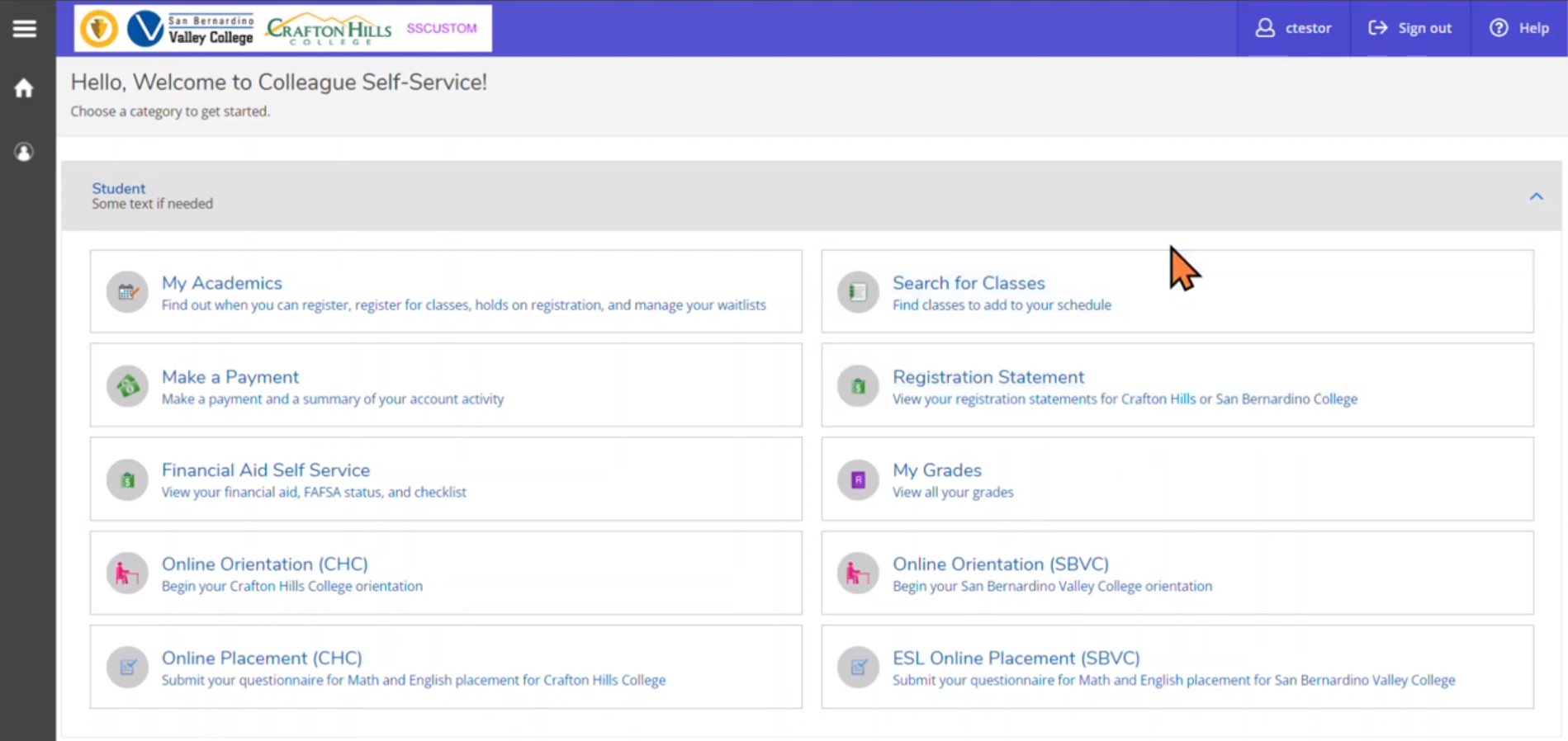Prerequisites
Effective Fall 2019 the Pysch tech program will select students through a point system. All prerequisites must be completed prior to applying, no exceptions. Once the application period has closed the acceptance committee will review all complete applications. Students ranked with the highest points will then be selected for entry. Applicants will be notified via Canvas of their application status.
Complete the following courses with a grade of C or higher:
| BIO 155* | Anatomy and Physiology | 4 units |
| ENGL 101 | Freshman Composition | 4 units |
| MATH 095 or 096 | Intermediate Algebra | 4/5 units |
| PSYCH 100* | General Psychology | 3 units |
| TOTAL UNITS: | 15 units |
* Must be within 5 years of entry into the program.
Psych 100 expires in 5 years; may be supplimented by taking: Psych 110, 111, or 112
may be taken.
Class Descriptions of Prerequisites:
BIOL 155
INTRODUCTORY ANATOMY AND PHYSIOLOGY 4 UNITS
PREREQUISITE: None.
DEPARTMENTAL ADVISORIES: ENGL 914 and MATH 942
LECTURE: 3 contact hours per week and
LABORATORY: 3 contact hours per week.
This course is an introduction to human anatomy and physiology. The course is intended
to meet the prerequisite for students entering the Psychiatric Technician program
or other professional programs that accept a lecture/lab course in human anatomy and
physiology.
ENGL 101
FRESHMAN COMPOSITION 4 UNITS
PREREQUISITE: eligibility for ENGL 101 as determined by SBVC placement process.
LECTURE: 4 contact hours per week.
This course is a writing course which emphasizes expository and argumentative essays.
It includes reading and analysis of various forms of writing, instruction in library
research and preparation of documented research papers.
MATH 095/096 or higher (i.e.Psych 105/math 108)
INTERMEDIATE ALGEBRA 4 UNITS
PREREQUISITE: eligibility for MATH 095 as determined through the SBVC placement process.
LECTURE: 4 contact hours per week.
Builds on the skills of solving equations, manipulating polynomials, factoring, and
algebraic fractions. This course includes simplifying complex fractions, finding real
solutions to quadratic and rational equations, an introduction to linear inequalities,
rational exponents and radicals, graphing equations of straight lines, solving linear
systems of equations and application problems throughout the different topics.
Associate Degree Applicable
PSYCH 100
GENERAL PSYCHOLOGY 3 UNITS
PREREQUISITE: None.
LECTURE: 3 contact hours per week.
This course surveys the nature of human behavior and examines theories and principles
pertaining to the topics of experimental design, perception, thinking, learning, personality,
psychological testing, emotion and motivation. Includes essential features of the
biological and neurological bases of behavior.
If PSYCH 100 has expired.
May take the following:
PSYCH 110
ABNORMAL PSYCHOLOGY 3 UNITS
PREREQUISITE: PSYCH 100 or PSYCH 100H.
LECTURE: 3 contact hours per week.
This class is a survey of the field of mental and emotional disturbances, emphasizing
causes and types of disorders. Special attention is paid to the variety of suffering
in our culture and the issues raised over classifications of normal and abnormal behavior.
PSYCH 111
DEVELOPMENTAL PSYCHOLOGY: LIFESPAN
3 UNITS
PREREQUISITE: PSYCH 100 or PSYCH 100H.
LECTURE: 3 contact hours per week.
This course is a survey of lifespan developmental psychology from conception through
aging. The focus is on five areas: (1) physical development, (2) social development,
(3) cognitive development, (4) personality development, and (5) current theory and
research which contribute to an understanding of human development over the lifespan.
PSYCH 112
DEVELOPMENTAL PSYCHOLOGY: CHILD AND
ADOLESCENT PSYCHOLOGY 3 UNITS
PREREQUISITE: PSYCH 100 or PSYCH 100H.
LECTURE: 3 contact hours per week.
This course is a survey of the psychological growth of the normal individual from
conception through adolescence with emphasis on stages of development. Particular
emphasis is given to physical development, intellectual development, social and emotional
development during the first two decades of life. Other topics include good and bad
parenting styles and the potential problems encountered by children and adolescents.


